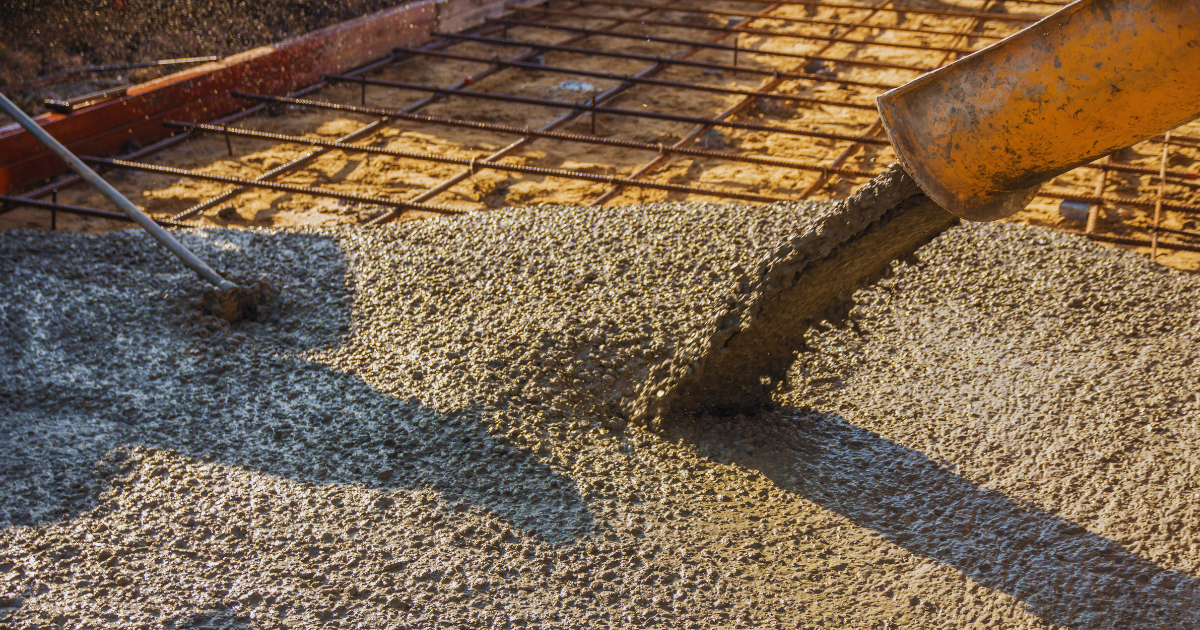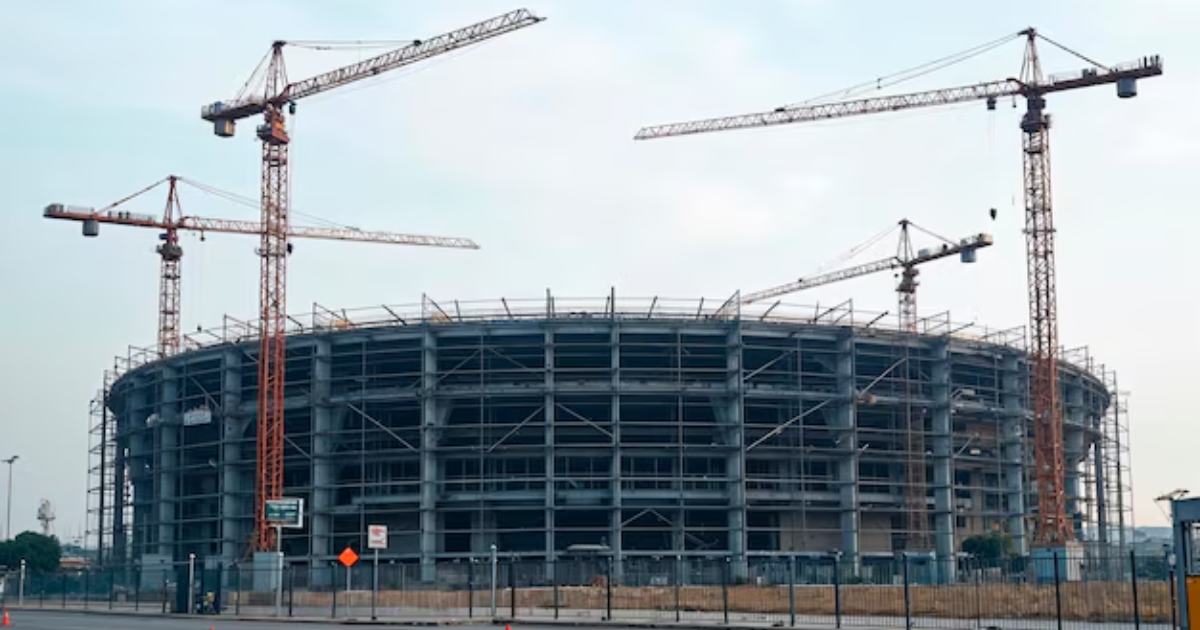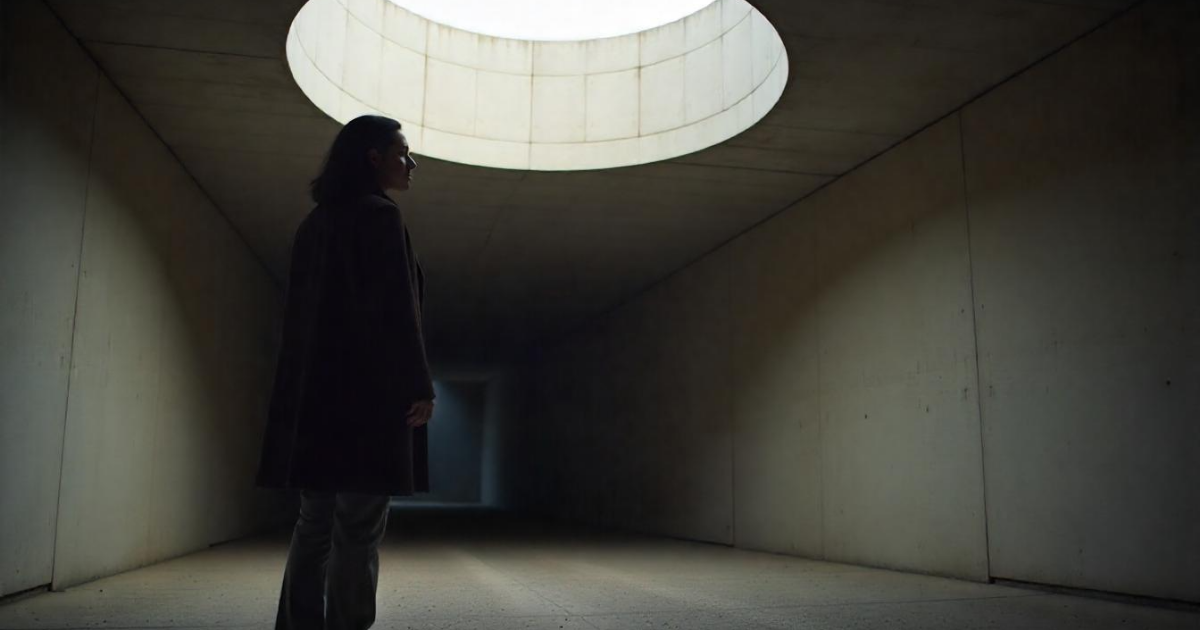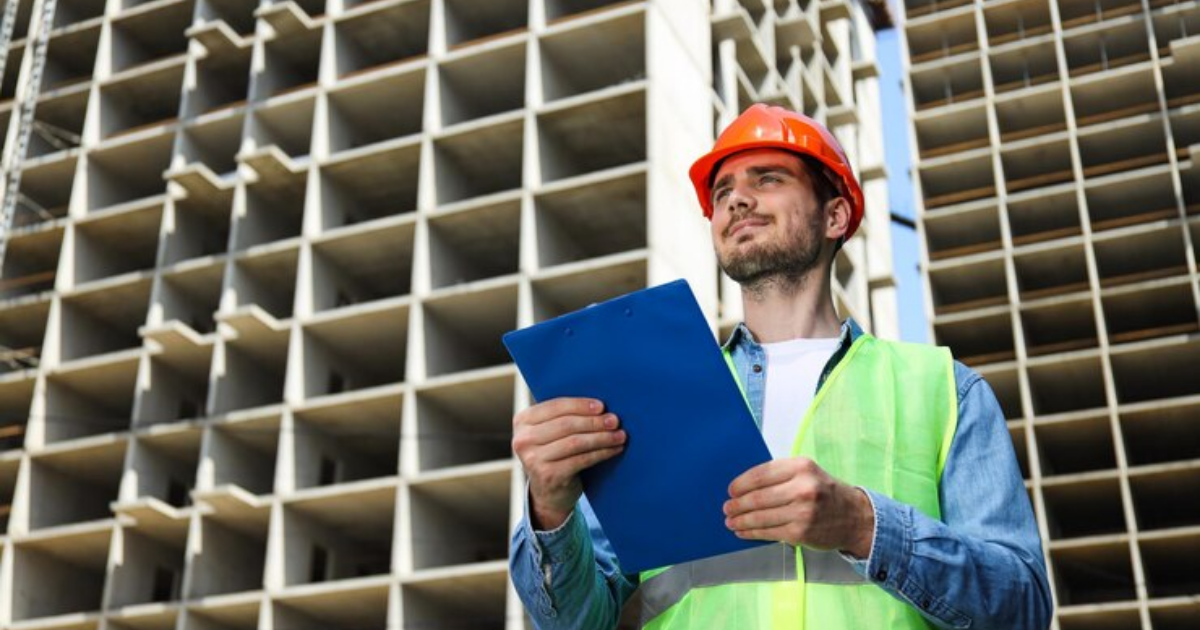Concrete is one of the most widely used construction materials due to its versatility, durability, and strength. Ready-mix concrete, which is produced in a batch plant and delivered to construction sites in a pre-mixed form, has become an industry standard for many types of building projects. However, when it comes to selecting the right type of ready-mix concrete, builders often face the decision between two primary categories: lightweight and high-density concrete. Each has its own distinct properties, benefits, and best-use scenarios. Understanding these differences can help ensure that you select the most suitable type for your project.
What is Ready-Mix Concrete?
Ready-mix concrete is a mixture of cement, aggregates (such as sand and gravel), water, and additives, prepared in a factory and delivered to the construction site in a ready-to-use form. The concrete is mixed in precise proportions to meet specific project requirements, ensuring consistency and high quality. The two main types of ready-mix concrete are lightweight and high-density, each formulated for different structural and functional needs.
Lightweight Ready-Mix Concrete
Lightweight ready-mix concrete is designed with a reduced density compared to standard concrete, achieved by using lightweight aggregates such as expanded polystyrene (EPS), perlite, or expanded clay. The main characteristic of this concrete is its low density, which significantly reduces the overall weight of the concrete mix. This makes it an ideal choice for construction projects where reducing the load on the underlying foundation is important.
Key Benefits of Lightweight Ready-Mix Concrete
- Reduced Load on Foundations
Lightweight concrete is ideal for projects that require minimizing the weight of the structure, such as multi-story buildings or high-rise construction. By using ready-mix concrete with a lower density, the overall weight of the building is reduced, which can help to prevent excessive stress on the foundation and supporting structures. This is particularly valuable in seismic zones or areas where the ground conditions may not support heavy loads. - Improved Insulation
Lightweight concrete has excellent thermal and sound insulation properties. The use of lightweight aggregates helps to trap air pockets within the concrete, which act as insulators. This makes it an excellent choice for energy-efficient buildings, as it helps maintain consistent interior temperatures and reduces the need for additional insulation materials. - Enhanced Workability and Ease of Handling
Due to its reduced density, lightweight concrete is easier to handle and transport. This can be a major advantage on large construction sites where managing heavy materials can be cumbersome. Lighter concrete also reduces the strain on the workforce and makes it easier to form and finish, contributing to faster project timelines. - Fire Resistance
Certain types of lightweight aggregates offer better fire resistance properties compared to standard aggregates. This makes lightweight ready-mix concrete a good option for buildings that require enhanced fire protection, such as residential buildings, commercial properties, and high-rise structures.
Best Use Cases for Lightweight Ready-Mix Concrete
Lightweight concrete is often used in the following types of projects:
- High-rise buildings and multi-story apartments: To reduce the weight on the structural elements.
- Roofing applications: Lightweight concrete is commonly used in roof construction due to its reduced weight and insulation properties.
- Precast concrete elements: For applications like panels and slabs, where reduced weight is important for transport and installation.
- Insulation purposes: Used in floors, walls, and roofs to improve the thermal performance of the building.
High-Density Ready-Mix Concrete
In contrast to lightweight concrete, high-density ready-mix concrete is made with heavy aggregates, such as barite, hematite, or magnetite, to increase the overall weight and density of the mix. High-density concrete is often used in projects where additional strength, protection, or mass is required. The increased weight of the concrete provides several benefits in certain construction applications.
Key Benefits of High-Density Ready-Mix Concrete
- Increased Structural Strength
High-density concrete has a greater compressive strength than lightweight concrete, making it ideal for structures that require heavy-duty support. This type of concrete is often used for foundations, bridges, and other infrastructure projects that must bear heavy loads. The added mass enhances the concrete’s ability to withstand higher forces, making it a preferred choice in heavy construction. - Radiation Shielding
One of the unique advantages of high-density ready-mix concrete is its ability to provide radiation shielding. The dense aggregates used in the mix help to absorb and block radiation, which is why high-density concrete is commonly used in nuclear power plants, medical facilities with radiology departments, and research laboratories. Its mass makes it an effective barrier against harmful radiation exposure. - Improved Durability
High-density concrete tends to be more durable than lightweight concrete, especially in harsh environmental conditions. Its denser composition makes it more resistant to wear and tear, which is beneficial in applications like industrial floors, marine structures, and areas exposed to extreme weather conditions. - Enhanced Sound Insulation
The dense composition of high-density concrete also provides superior soundproofing capabilities. This makes it an excellent choice for building walls and floors in areas where noise reduction is a priority, such as in hospitals, recording studios, and high-traffic commercial spaces.
Best Use Cases for High-Density Ready-Mix Concrete
High-density concrete is commonly used in:
- Radiation shielding applications: Hospitals, nuclear facilities, and laboratories require high-density concrete to protect against radiation.
- Heavy-duty foundations: High-density concrete is perfect for heavy structures such as bridges, dams, and large industrial buildings that need extra strength and support.
- Noise-reduction applications: For structures requiring soundproofing, such as theaters, studios, and residential buildings in noisy environments.
- Marine structures: High-density concrete is used in harbors, piers, and offshore oil platforms due to its resistance to wear and extreme conditions.
Choosing the Right Type of Ready-Mix Concrete
When choosing between lightweight and high-density ready-mix concrete, the decision largely depends on the specific needs of the project. Here are a few key considerations to help guide your choice:
1. Structural Requirements
If the project requires substantial load-bearing capacity and durability, high-density concrete should be the preferred choice. For buildings, bridges, and other heavy-duty infrastructure, the additional strength and density of high-density concrete provide the necessary structural integrity.
2. Weight Considerations
If the project involves structures with a need to reduce weight, such as high-rise buildings, lightweight concrete would be more appropriate. It reduces the overall load on foundations and structural elements, making it ideal for tall buildings, precast elements, and roofs.
3. Insulation Needs
For projects where thermal and sound insulation is important, such as residential buildings or energy-efficient homes, lightweight concrete offers superior insulation properties. Its reduced density helps trap air, enhancing its thermal performance.
4. Environmental and Safety Concerns
For applications that require radiation protection or extreme weather resistance, high-density concrete is the best option. Its mass makes it an ideal material for shielding against radiation or providing superior durability in harsh environments.
Conclusion
Both lightweight and high-density ready-mix concrete offer unique benefits tailored to different types of construction projects. Lightweight concrete is perfect for projects requiring reduced weight, energy efficiency, and ease of handling, while high-density concrete excels in applications where additional strength, radiation shielding, and durability are necessary. Understanding the specific needs of your construction project, including load-bearing capacity, insulation requirements, and environmental factors, will help guide you in selecting the right type of ready-mix concrete for the job. Choosing the appropriate concrete can ensure the long-term success and sustainability of your project.







